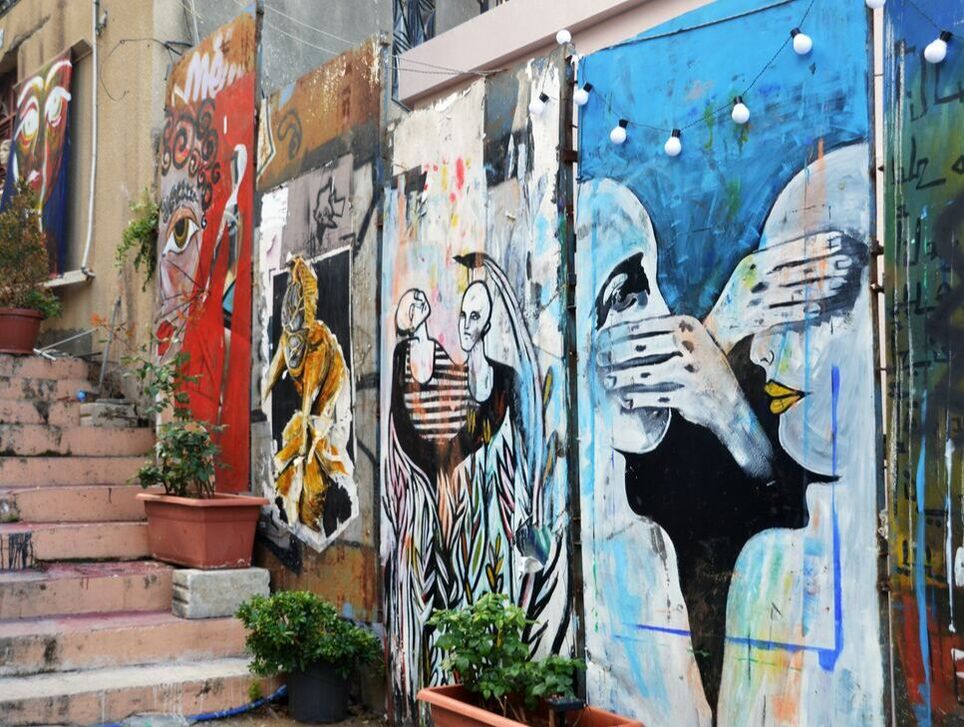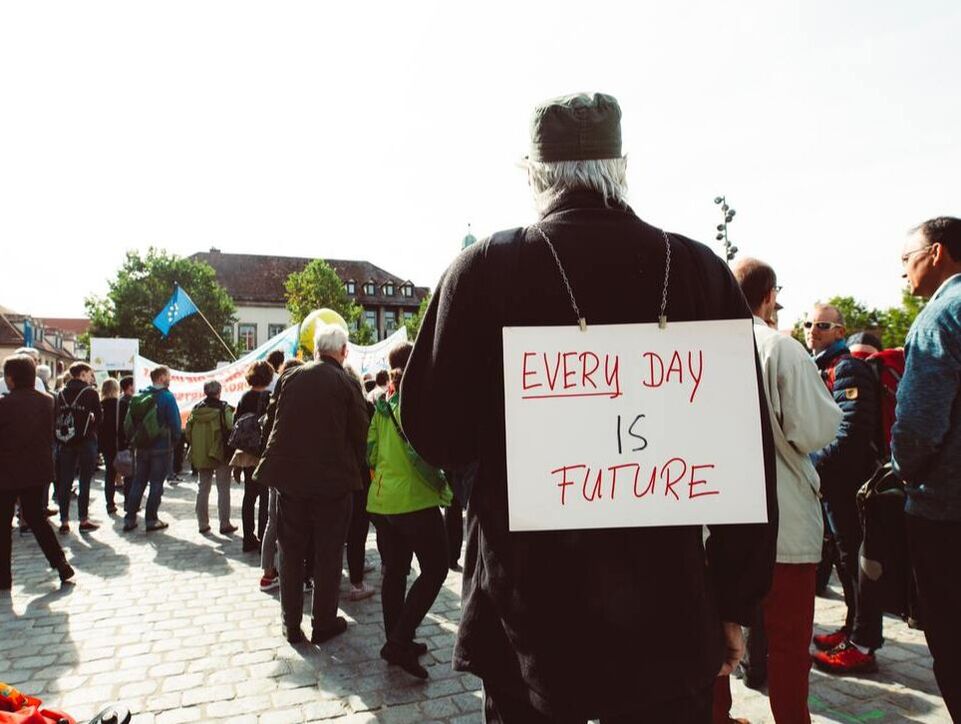|
|
Where can Others turn? On (de)coloniality, messy refusals and alternatives to Eurocentric modernity19/7/2023
Blog post by Ali Kassem, National University of Singapore
Over the past years, decolonization has emerged as a key project, discourse, and buzzword across academic and public debates. Within this has been a growing recognition of the nature of Eurocentric hegemony, ongoing global connected coloniality and various pressing global crises. A growing movement to contest Eurocentric modernity and its narratives across scales: from anti-racism to ecological resistance has consequently grown and been increasingly hollowed, demonized and attacked. In researching forms of inequalities and racisms in Lebanon, focusing on the country’s Muslim communities, my research has identified a significant anti-Muslim racism pervading the lives of Lebanese Muslims. Deeply structured by and entangled with Eurocentric/modernity coloniality and articulated at the intersection of the (historical and contemporary) local and global, this anti-Muslim racism emerges as a key axis of coloniality’s assault, erasure and violence at the level of everyday lived experiences. Bringing to fore the presence and prevalence of anti-Muslim racism within the Arab-majority world, the eastern Mediterranean and Muslim communities themselves, my work has offered a series of contributions in rethinking the so-called Middle East, racism and Islamophobia studies, as well as the global workings of coloniality beyond the Atlantic.
0 Comments
As a team of international scholars with Czech and US origins living in Czechia and Austria, the 2015 ‘refugee crisis’ hit us in contrasting ways with regard to different regimes and their attitudes towards refugees from Syria and other Middle Eastern countries. While Czechia accepted just twelve refugees under the EU’s quota system, the Austrian public broadcasting station FM4 changed its jingle from ‘You're at home, baby’ to ‘Refugees, welcome’.
Seven years later, as we finalized work on our Identities article, ‘I always felt I have something I must do in my life’: meaning making in the political lives of refugee non-citizens’, the situation had somewhat reversed. In the spring of 2022, the streets of Prague were filled with Ukrainian flags, Czechia had accepted over 300,000 refugees in just a few months, and people became emotional regarding the war, while Austria, as a ‘neutral’ country and a non-member of NATO, was considerably more reserved. |
|
Explore Identities at tandfonline.com/GIDE |
|
The views and opinions expressed on The Identities Blog are solely those of the original blog post authors, and not of the journal, Taylor & Francis Group or the University of Glasgow.


